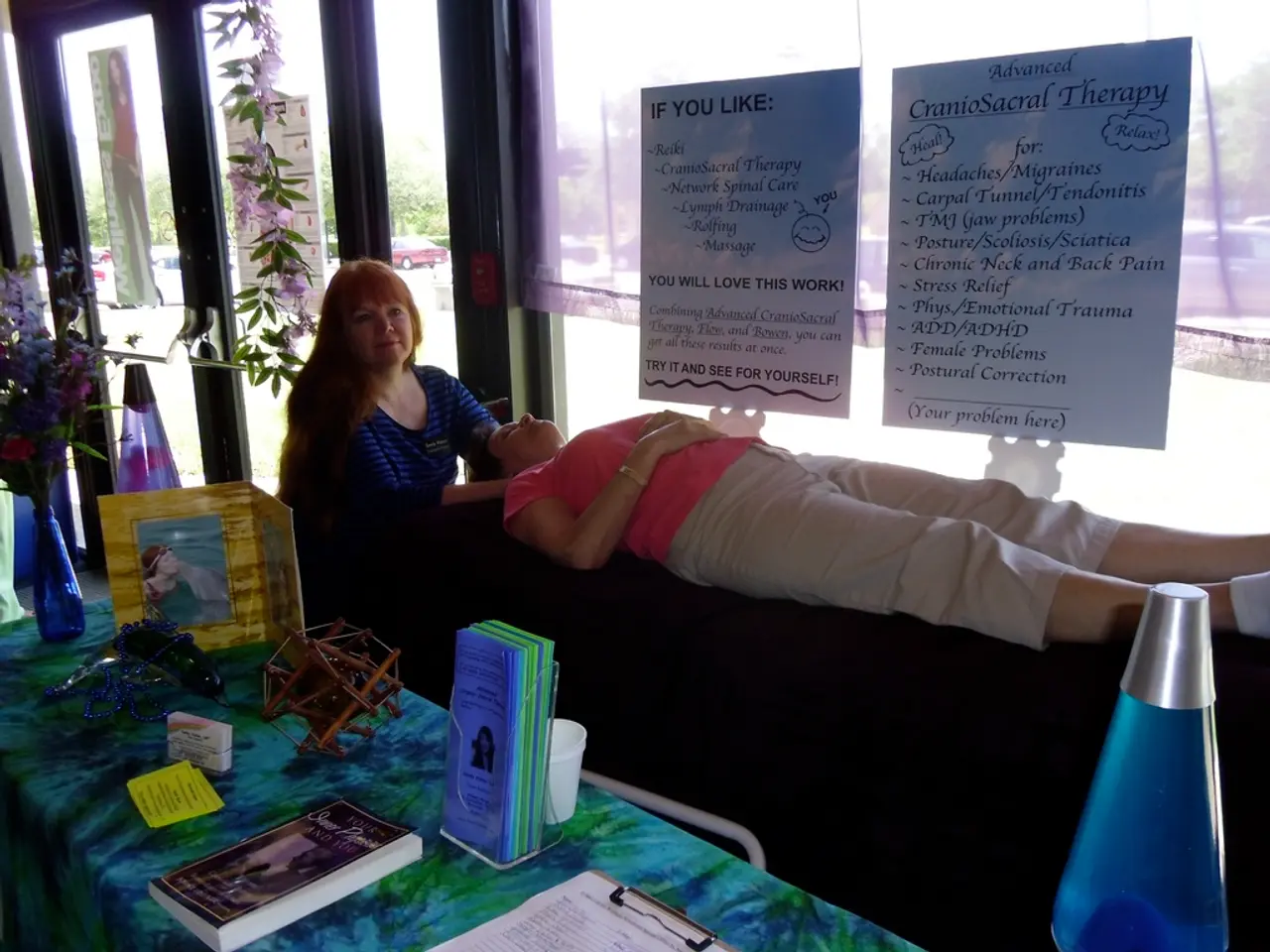Understanding PTSD Symptoms and Their Impact on Veterans for Veterans Day Awareness
Post-Traumatic Stress Disorder (PTSD) is a serious mental health condition that affects over 13 million people in the United States, with a significant number being veterans. This disorder can cause major challenges in managing daily activities, such as difficulties with work, school, and relationships.
Individuals who have directly experienced or repeatedly witnessed the aftermath of a very intense or long-lasting traumatic event are more likely to develop PTSD. Simple triggers can cause a panic reaction in someone with PTSD, leading to fighting, fleeing, or feeling numb.
PTSD can lead to social withdrawal, anxiety, sleep disorders, or even suicide. Thousands of veterans with PTSD struggle with their mental health on a daily basis. In fact, as many as 500,000 U.S. troops who served in conflicts such as Vietnam, Iraq, Syria, and Afghanistan have experienced nightmares and traumatic flashbacks that have negatively impacted their lives, especially their mental health.
According to an analysis, approximately 520,000 US troops who served in the Iraq and Afghanistan wars might have developed PTSD. Other studies show the rate of PTSD among veterans to be as high as 20% to 30%. PTSD continues to be a challenge for many veterans long after they were discharged from the military.
Seeking professional help is advisable for those experiencing severe anxiety and other mental health challenges due to PTSD, especially if there are thoughts of hurting oneself or others. A study of 60,000 Iraq and Afghanistan veterans revealed that 13.5% of deployed and non-deployed veterans were diagnosed with PTSD.
The observation of Veterans Day on November 11 serves to honour servicemen and women who fought for the nation's freedoms or maintained peace around the world. It is important to remember and support those who have served and are still battling the effects of PTSD.
If you or someone you know is struggling with PTSD, it is crucial to seek help from a mental health professional. There are numerous resources available to help veterans and civilians alike, including the Veterans Crisis Line (1-800-273-8255 and press 1) and the National Suicide Prevention Lifeline (1-800-273-TALK).
Read also:
- Peptide YY (PYY): Exploring its Role in Appetite Suppression, Intestinal Health, and Cognitive Links
- Toddler Health: Rotavirus Signs, Origins, and Potential Complications
- Digestive issues and heart discomfort: Root causes and associated health conditions
- House Infernos: Deadly Hazards Surpassing the Flames








